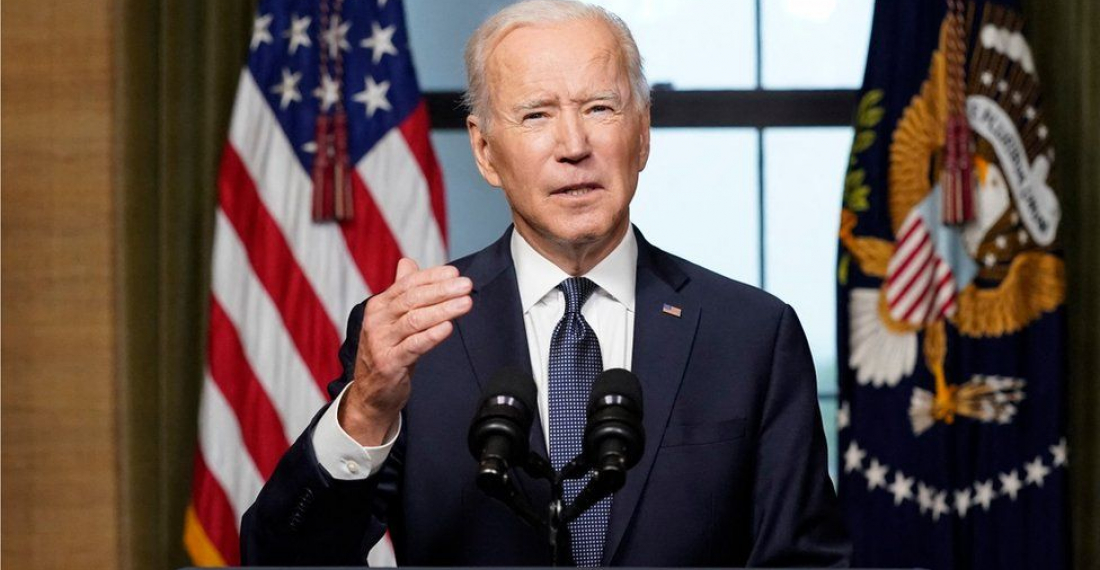The United States (US) on Thursday (15 April) announced economic sanctions on Russia. The reasons sanctions are being imposed include Russian interference in the US presidential election, Russian activities in Crimea and along the border with Ukraine, and cyber activities carried out on US territory. The announcement also mentions Russia's alleged support for the Taliban, which carries out attacks on American soldiers in Afghanistan.
US President Joe Biden appears to be targeting Russian finances with economic measures. American financial institutions are now prohibited from buying up Russian roubles or government bonds directly from the Russian Central Bank, making it harder for Moscow to borrow money internationally.
Furthermore, 32 Russian individuals and companies have been sanctioned for alleged involvement in influencing the 2020 presidential elections. Ten Russians are being expelled – some of whom allegedly working for Russian intelligence under diplomatic cover. The Biden administration has also named six Russian tech companies that were involved in a server hack of the IT company SolarWinds.
The US sanctions have been in the air for a long time. In a reaction to the new sanctions, Russian Foreign Ministry spokeswoman Maria Zakharova said that Russia was summoning the US ambassador for a diplomatic dressing-down to tell him that "a series of retaliatory measures will follow soon".
Last Tuesday (12 April), President Biden, during a telephone conversation, invited his Russian counterpart Vladimir Putin for a physical meeting "in a third country" to discuss all issues between the two countries. It is not known how Putin reacted to Biden's invitation. The Russian ministry spokeswoman, Zakharova, said a possible summit could be imperilled by the new sanctions.






